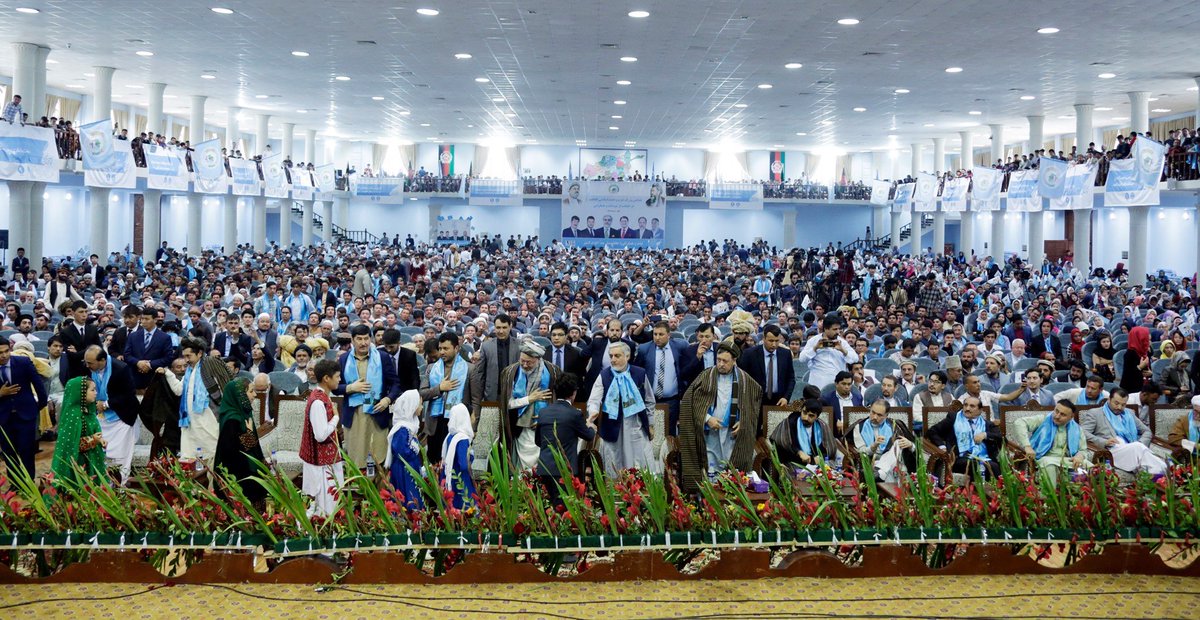Ethnic Cleansing in neighboring Countries Worsening
Party of Unity, also known as Patriotic Youth Organization, is a minor right-wing national Serbian Macedonian patriotic party. The party was founded by former government critic Srdja Jovic. He later went to France and fought for Croatian forces during the 1992-95 war. In 2021, he started again in the same region as Croatian forces were withdrawing from the area. This latest incarnation of his party is quite different from past Serbian right-wing parties that were banned by the government for promoting violence and criminal activity.
The political party of unity is currently running for the coming elections scheduled for June. Most analysts expect that it will perform strongly due to widespread popular support among Serbs, who are fed up with the government. The party of unity also promises to change the system of choosing a prime minister through a constitutional amendment. However, the most important feature of the party of unity is its alliance with Golden Dawn, an ultra-right political party.
The party of unity is led by Dr. Zulic Vujosevic, a former aide of Dr. Muhamed Dzurikic. In 1998, Vujosevic became the acting prime minister after the resignation of Dr. Otvota Jucan. He has since been widely credited for uniting the country and preventing further chaos after the Balkania War. However, Dr. Vujosevic has been busy trying to form his party since he took over the reins of power. In order to do so, he needs the backing of the United States and other western countries, which are considering promoting him as the party of unity due to their close association with him. Although Dr. Vujosevic’s popularity has surged in the last few months, there is still an ongoing dispute between him and other members of the party over control of the integrationist movements and other institutions associated with the former Yugoslavia.
The main problem that the Balkan Crisis poses for the new political party of United Macedonia is the lack of support from international leaders who consider the newly formed government illegitimate and cannot accept it being ruled by a party that was formed by radical monks and were financed by former Yugoslavia rulers. This is especially true of the leaders of the European Union, who considers Macedonia a candidate country for accession. Any association with Dr. Vujosevic would jeopardize these chances. Other countries which have had different political associations with Serbia and belong to the Balkan region, such as Albania, could also jeopardize these chances of winning the presidential election in July.
There are other problems that the party of unity is currently facing. The most important is the danger posed by the spread of corruption in the country due to the overlapping of interests of different political party groups and the lack of a transparent system of appointing ministers. The ruling party, which is made up of ethnic Macedonians, has been accused of crony capitalism, and of trying to benefit from the country’s natural resources by selling them off at a cheap price. Many of the accusations have been investigated and, although no charges have been brought against any political party or its leader, the investigations seem to have stalled.
In this situation, the United Macedonia has no other choice but to rely on international institutions to back its action. One way that it can do this is to form a broad political party front, with all its members playing an important role in the formation of the government. Thus far, there has been a lack of support from other countries which have had a long and difficult relationship with Dr. Vujosevic. The United States has made it clear that it considers Dr. Vujosevic a dangerous character and will not consider helping him to consolidate his power base in the north. However, this means that the United States will be indirectly supporting the efforts of this former guerrilla warlord in Moldova, if it chooses to support Dr. Zulic’s party. This is probably the best possible scenario for both parties: on one hand, the United States is trying to prevent ethnic cleansing; on the other, it appears to be trying to contain the influence of a former rebel group, which has become an important partner in the administration of the new country.

